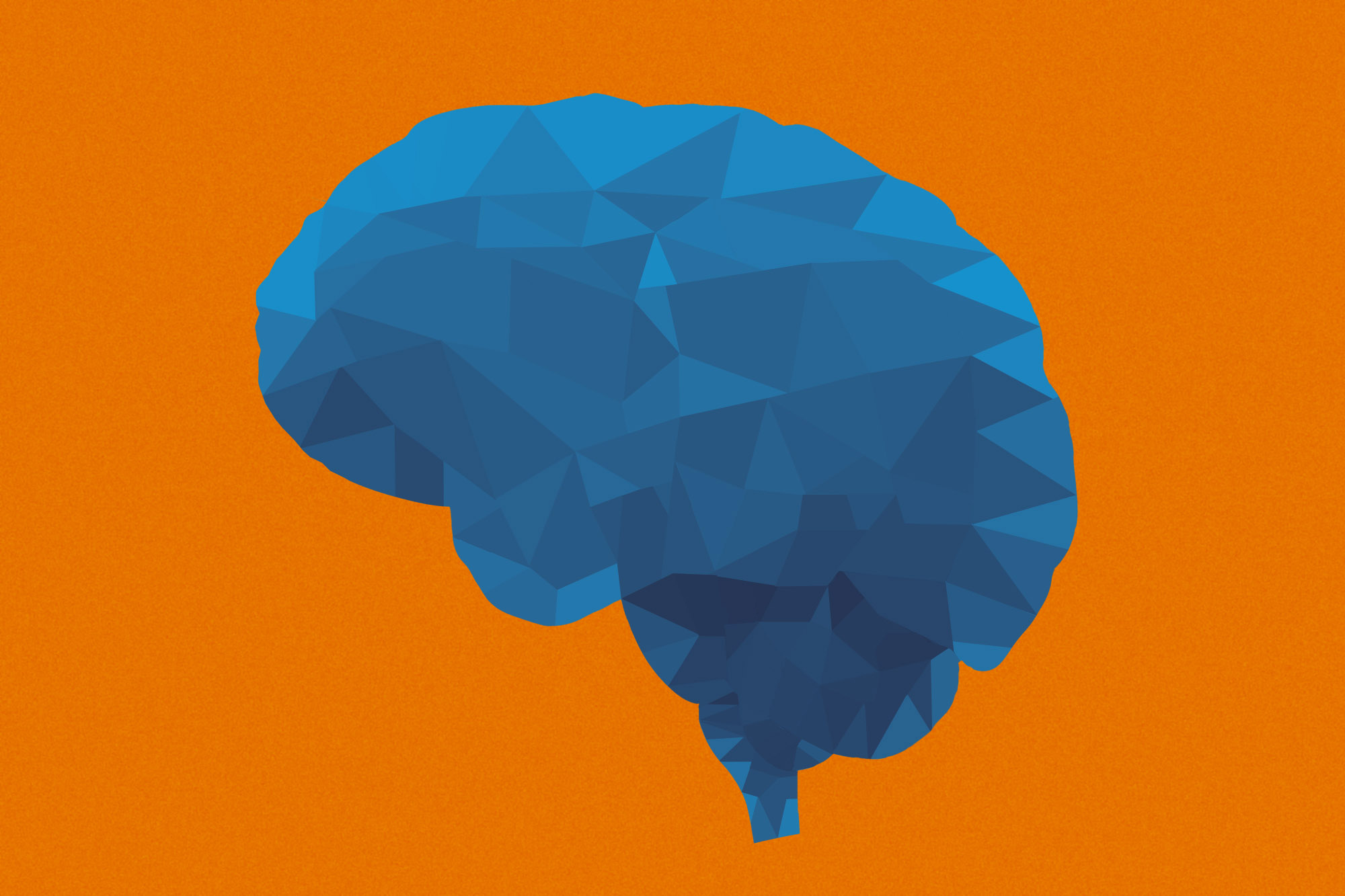Aarav Saki (Week 14): Amnesia
One of my personal fears is memory loss, otherwise known as amnesia, specifically of the kind that is so often portrayed in movies and other media. The idea of becoming a dispassionate observer to the events and people that I once held dear is something that chills me to the very bone. But why do I fear amnesia to such an extent? Perhaps it is because I have intuitively made a connection between memory and identity. To me, it seems as though someone who has lost a significant portion of their memories has, in essence, lost a part of themselves. Allow me to rephrase the situation, which may still be unclear. In my very first blog post (written with our first blog cohorts), I discussed the Ship of Theseus, an interesting thought experiment which asks whether a ship that has all of its parts replaced is still the ship that it once was. In a somewhat similar sense, this concept can be applied to memory: if we take away someone’s memories, is the same person left behind? It may be a little unsettling to consider that question, but I think it reveals an important truth about memory and identity. In my eyes, the two are inextricably linked; the more that I think about it, the harder it becomes to imagine one existing without the other. We as humans are shaped by the experiences we go through, primarily because of the memories they leave behind. Take away those memories, and the “self” goes along with them.

.png)

Hi Aarav, I found your discussion about the correlation between memory and identity. I have slightly touched upon this topic in my previous blogs; a memory is a major part of a person’s life. What we choose to remember, or are able to remember, influences our personalities. Therefore, losing parts of our memory also means losing parts of our identities.
ReplyDeleteHi Aarav,
ReplyDeleteYour blog takes a very interesting take on the concept of memory. I have not thought about it the way you examined in your example. It is very scary, the thought of unconsciously loosing yourself and the people around you. My grandpa currently has dementia, and it is shocking to see the way that he acts sometimes. For example, he forgets everything he ate that day, what time he ate, and what activity he was engaged in a few minutes' prior. Hallucinations also often accompanies dementia, which is even scarier. Thinking that people are there when they really are not.
Hi Aarav, your blog did in fact remind me that the power of memory is almost unlimited; memory can bring up both happy feelings, and sad feelings as well. The sad feelings associated with memory are most likely cases of dementia and amnesia, as a world of memories can be lost due to something uncontrollable. Sometimes, when I think of these cases, it leads me to appreciate my loved ones and memories even more.
ReplyDeleteHi Aarav, I found your blog on the connection between memory and identity to be a very interesting take on the idea of memory as a whole. Memory is a huge part of one's life and many people define themselves by their most memorable and precious memories. This is partly because of the people in those memories. So if someone loses their memories, it is like losing a part of themselves.
ReplyDeleteMemory loss and brain damage are huge fears of mine. As an equestrian, I am terrified that one day a bad fall will damage my ability to name my friends and family members. Thus, I agree that memories are an essential part of a person’s identity, and the Ship of Theseus is a really interesting problem that explores that.
ReplyDeletehi Aarav, this is an incredibly interesting idea to consider. I suppose at its core, it is a question of nature vs. nurture; are we who we are because of the events of our experience, or were we born that way. If we are shaped by our experiences, your fear is completely justified, as new experiences would create an entirely different person. However, if we were born with our identity, then even amnesia would not take that away. Thank you for presenting that incredibly fascinating idea in your blog.
ReplyDeleteHey Aarav, I feel like your take on memory loss and how you fear the loss of these memories is a great blog. I agree that forgetting memories is tragic but it allows us to make new ones and we will never fully remember everything so you shouldn't fear memory loss but accept it for the opportunities it brings.
ReplyDeleteHi Aarav, I think that memory is significant. I can not imagine not having the ability to remember things. However, I have seen videos of people's own mothers forgetting their names which genuinely scares me. It is also unfortunate to see these people living in their current condition.
ReplyDelete